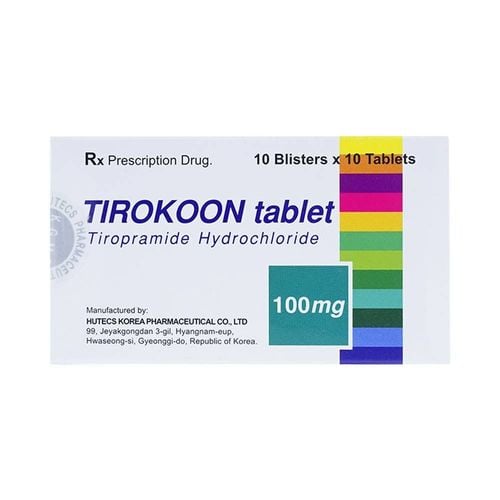This is an automatically translated article.
The article was professionally consulted by Specialist Doctor I Nguyen Hung - Endocrinologist - Department of Medical Examination & Internal Medicine - Vinmec Danang International HospitalUrinary tract infection is a disease that occurs quite commonly in humans, mainly caused by bacteria entering the urinary system, causing uncomfortable sensations for patients such as pain, burning when urinating,. .. This is a disease that is not difficult to treat, but if not diagnosed and treated early, it will cause dangerous complications.
1. What is a UTI?

Urinary tract infections occur when there is a presence of bacteria in the urinary tract, causing the body to create a response against the invasion of that bacteria.
Urinary tract infections are divided into 2 groups based on the anatomical site of infection:
Upper urinary tract infections: Including acute pyelonephritis, chronic pyelonephritis. Lower urinary tract infections: Including cystitis, prostatitis, urethritis. Urinary tract infection is a common disease in women, men also get it, but the cause of UTI in men is a blocked urinary tract or specific bacteria such as tuberculosis, gonorrhea. ,... cause.
2. Causes of UTIs
Escherichia coli (E.coli) bacteria, the main cause of urinary tract infections, is found in the intestines. The disease can be caused by some other bacteria such as Enterococcus; Streptococcus group B, group A; Enterobacteriaceae; Pseudomonas spp,...
E.coli bacteria on the skin or near the anus can get into the urinary tract and travel up to other parts of the body. In women, the urinary tract and anus are closer together than in men, so the risk of this disease will be higher.
Bacteria can enter the urinary tract through medical devices such as catheters used in medicine, instruments used to dissolve stones or used to remove foreign objects blocking the urinary tract,...
Urinary tract infections can also occur due to invasion from nearby organs such as abdominal infections, genital infections, gastrointestinal fistulas, and vesico-vaginal fistulas.
3. Early Signs of a Urinary Tract Infection
Urinary tract infections may or may not be symptomatic. Signs of a UTI include:The patient feels burning pain, pain when urinating, discomfort when urinating: When you have a urinary tract infection, the tissues of the urinary tract, where bacteria enter, will become inflamed and become very sensitive so when urine passes through these tissues will cause the patient to feel pain and burning. Urinary incontinence: The patient urinates frequently, feels the need to urinate. After urinating, he wants to urinate again, but the amount of urine is very little and intermittent. Pain in the lower abdomen: This is considered an early warning sign that the patient's bladder is infected. The patient feels a dull ache or cramps. Cloudy, foul-smelling urine: The urine of healthy, healthy individuals is usually odorless and in some cases has only a slight ammonia odor. With a UTI, the patient will notice that his or her urine has a foul or unusual odor along with cloudy urine. Poor bladder control.
4. Treatment of urinary tract infections

5. Prevention of urinary tract infections
Drink enough water every day: Patients can use filtered water or juice to drink to filter the urinary tract and support treatment. Clean hygiene, should wipe from front to back, avoid douching and spraying water deep into the vagina. Take a shower rather than a bath. Wear cotton underwear and avoid tight pants. Before and after sex should be clean, avoid using a sperm barrier or using spermicide. Urinate frequently and empty the bladder completely; Birth control pills can interact with some antibiotics, so tell your doctor if you're taking birth control pills. If the patient has frequent urinary tract infections, the doctor will prescribe antibiotics to prevent infection. Patients suspected of having a UTI can go to Vinmec International General Hospital for examination and treatment. Here, there is a team of specialized doctors of Urology - Urology, who are well-trained, rich in expertise and experience; system of modern equipment, meeting international standards; Professional service quality, high efficiency in diagnosis and treatment.
Please dial HOTLINE for more information or register for an appointment HERE. Download MyVinmec app to make appointments faster and to manage your bookings easily.














